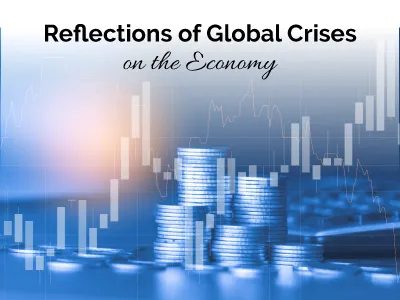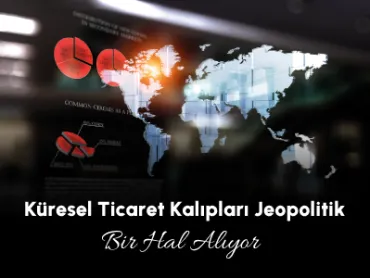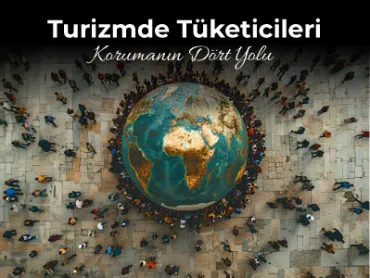
Global crises fragment foreign investment and affect emerging economies.
The report “Global economic disruption and changing investment patterns,” released on April 23rd by the UN Organization for Trade and Development (UNCTAD), examines the complex nature of global foreign direct investment (FDI).
It illuminates ten transformational shifts in investment priorities across sectors and regions, shaped by trends in global value chains (GVCs) and geopolitical dynamics. It highlights the need to integrate sustainability and development into investment strategies.
Three distinct trends in global foreign investment
UN Trade and Development highlights key FDI trends that have evolved over the last two decades.
First and foremost, it's crucial to note that the growth of FDI and global value chains (GVCs) is no longer mirroring the pace of GDP and trade growth. This stark contrast is a clear indicator of a significant shift in the worldwide economy. Since 2010, global GDP and trade have continued to grow at an average annual rate of 3.4 percent and 4.2 percent, respectively, despite rising trade tensions. In contrast, FDI growth has stagnated at nearly 0 percent due to rising protectionism, heightened geopolitical tensions, and increased investor caution.
A growing gap exists between the manufacturing and services sectors, and investments are increasingly directed towards services. From 2004 to 2023, the share of cross-border greenfield projects in the services sector increased from 66 percent to 81 percent.
Simultaneously, FDI in the manufacturing sector stagnated for two decades before falling dramatically in the three years after the outbreak of the COVID-19 pandemic- with a negative compound annual growth rate of 12 percent. The decline in manufacturing has severely affected small economies, hampering their ability to participate in global production, improve production methods, and adopt new technologies.
Finally, the report emphasizes that the geography of global FDI has been significantly reshaped as China's role as a recipient country has diminished. Multinational companies' enthusiasm for launching new investments in China has waned. However, the country still holds a dominant position in global production and trade, signaling a transformation in the international production model.
From decomposition to fragmentation
The shift from fragmentation to fragmentation in global investment patterns is emerging as a significant concern.
Recent global conflicts and crises have disrupted conventional investment patterns, leading to unstable investment relationships and limited opportunities to benefit from strategic diversification. Against this backdrop, the report shows that investment decisions are now more frequently influenced by geopolitical factors, sometimes overriding economic determinants. This complicates standard approaches to investment promotion and hinders FDI-driven development.
Sustainability is the driver, but small developing countries are increasingly bypassing it.
Despite progress towards sustainability and the Sustainable Development Goals, the impacts on developing countries are mixed.
The increasing trend of FDI in environmental technologies offers new opportunities but fails to fully address the slowdown in other sectors, which particularly affects developing and least developed countries and increases their economies' vulnerability.
Moreover, the expansion of the services sector mainly benefits larger developing economies that can compete effectively, creating an imbalance that disadvantages smaller ones. This highlights inequalities and underscores the need for policies that provide equal opportunities to all developing countries.
Implications for development
The narrowing focus of FDI, both geographically and sectorally, pushes smaller and less developed countries aside and increases their economic vulnerability. Moreover, the traditional dependence on manufacturing investment no longer guarantees sustainable growth and economic development.
Call to close investment gaps
In response to the urgent need to address investment disparities across sectors and regions, UN Trade and Development calls for immediate action to ensure that investment benefits are more equitably distributed and aligned with inclusive development goals.
Policy recommendations from the UN Trade and Development Organization:
- Urge developing countries to review their economic development strategies.
- Emphasize the importance of policies that attract and maximize foreign direct investment and promote investment in the Sustainable Development Goals.
- Call on global policymakers, business leaders, and development agencies to increase cooperation at the international and regional level and work towards a more open and fairer global investment climate.
 Back
Back







